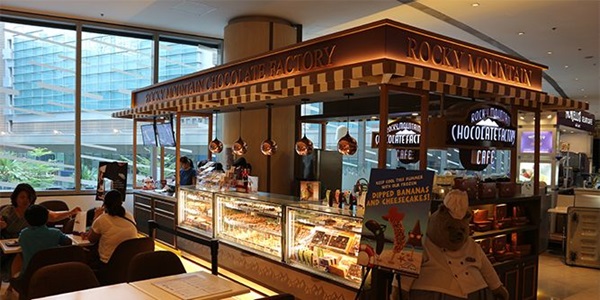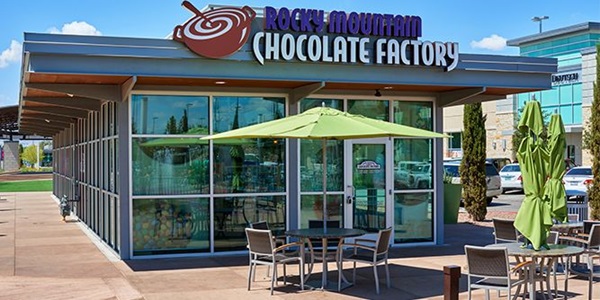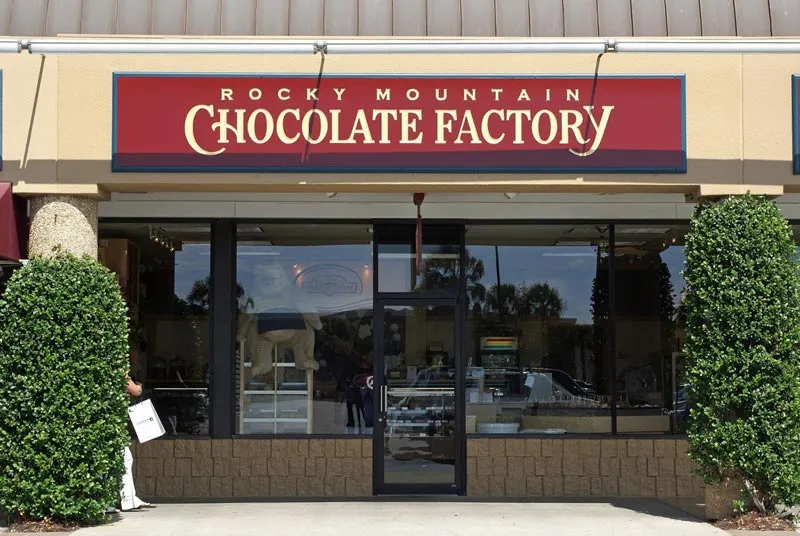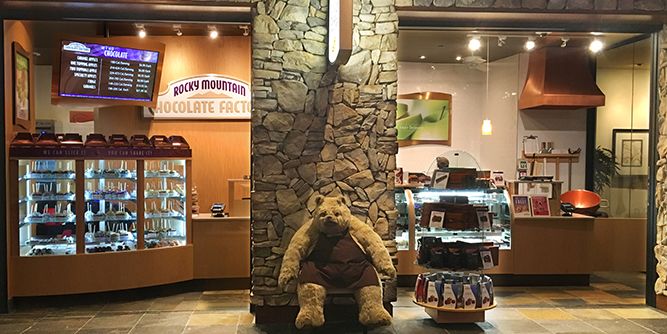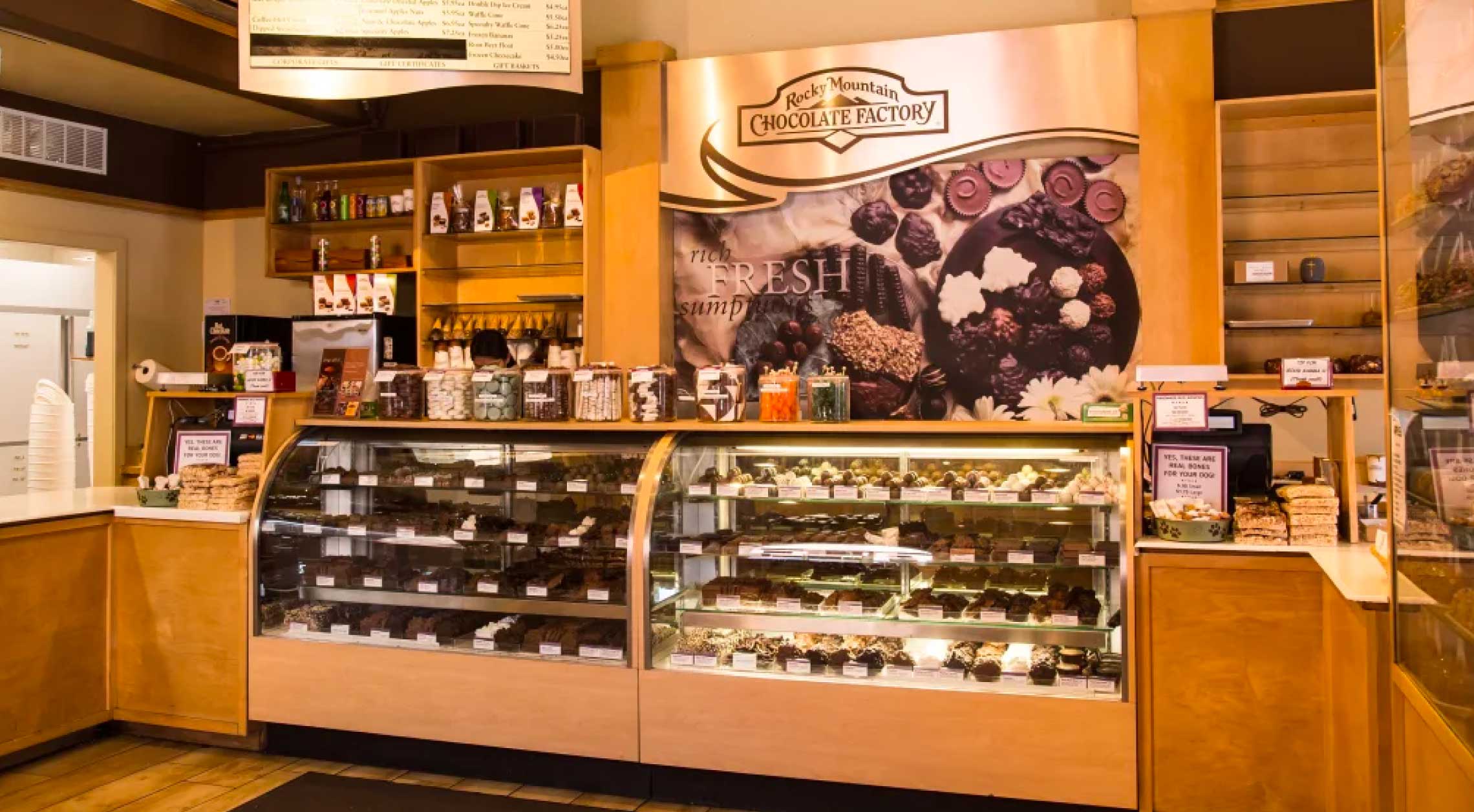Rocky Mountain Chocolate Factory Franchise Cost
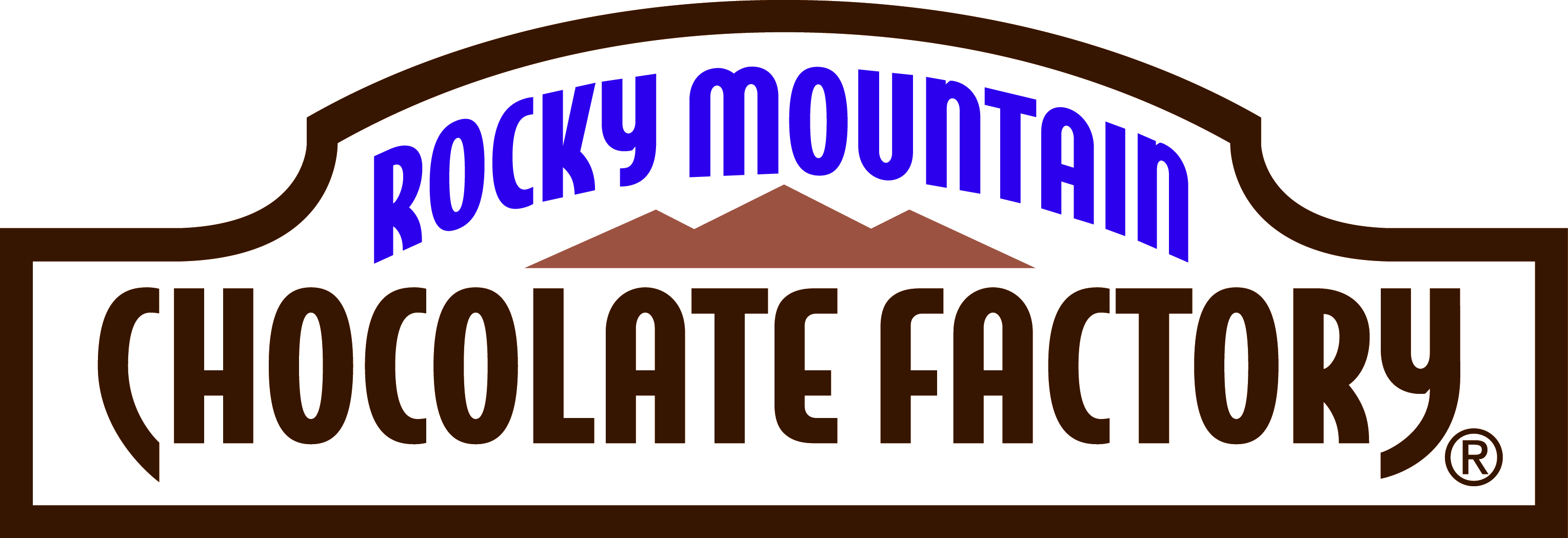
Aspiring entrepreneurs eyeing a sweet venture must brace themselves: the cost of launching a Rocky Mountain Chocolate Factory franchise has increased significantly. The initial investment now requires a more substantial financial commitment, potentially reshaping the landscape for new franchisees.
This article breaks down the updated franchise costs, providing crucial details for those considering joining the iconic confectionery brand. We delve into the specifics of the investment, what it covers, and the potential implications for aspiring business owners.
Franchise Fee and Initial Investment
The initial franchise fee for a Rocky Mountain Chocolate Factory store ranges from $30,000 to $40,000, depending on factors like store size and location. This fee grants the franchisee the right to operate under the Rocky Mountain Chocolate Factory brand and utilize its established business model.
The total estimated initial investment, encompassing everything from construction and equipment to inventory and working capital, now falls between $353,350 and $772,050. This figure represents a considerable financial undertaking for prospective franchisees.
What's Included in the Investment?
The initial investment covers a range of essential components. These include leasehold improvements, which involve customizing the store space to meet brand standards.
Franchisees also need to factor in costs for equipment, such as chocolate tempering machines and display cases, as well as initial inventory to stock the store with chocolates and other confectionery items. Working capital, covering operational expenses during the initial months, is another significant aspect of the investment.
Furthermore, prospective owners must budget for franchise fees, travel and living expenses while training, and insurance costs.
Ongoing Fees and Royalties
Beyond the initial investment, franchisees are subject to ongoing fees and royalties. These payments contribute to the brand's marketing efforts and provide continued support to franchisees.
A royalty fee of 6% of gross sales is standard, compensating Rocky Mountain Chocolate Factory for the use of its trademarks and operational systems. There's also a marketing fund contribution of 2% of gross sales, fueling brand-wide advertising and promotional campaigns.
Other ongoing expenses include rent, utilities, employee wages, and inventory replenishment, all crucial to maintaining a thriving business.
Financing Options
Securing financing is a critical step for many aspiring Rocky Mountain Chocolate Factory franchisees. Several options are available to help cover the initial investment and ongoing expenses.
Small Business Administration (SBA) loans are a popular choice, offering government-backed guarantees to lenders. Traditional bank loans are another avenue, requiring a strong credit history and business plan.
Some franchisees may also explore financing options offered directly by Rocky Mountain Chocolate Factory, but these are typically limited and subject to specific qualifications. Personal savings and investments often play a significant role in financing the venture.
Impact on Potential Franchisees
The increased initial investment may present a barrier for some aspiring franchisees. It necessitates a more robust financial plan and potentially a longer timeline for achieving profitability.
However, the strength of the Rocky Mountain Chocolate Factory brand and its established customer base remain attractive to many entrepreneurs. Careful financial planning and a strong commitment to operational excellence are essential for success.
Existing franchisees are likely to see minimal immediate impact, but the long-term effect on brand expansion and market saturation remains to be seen.
Next Steps
Prospective franchisees are strongly advised to thoroughly review the Franchise Disclosure Document (FDD) provided by Rocky Mountain Chocolate Factory. The FDD contains detailed information about the franchise opportunity, including fees, obligations, and financial performance data.
Consulting with a franchise attorney and a financial advisor is also highly recommended. These professionals can provide valuable guidance on navigating the legal and financial complexities of franchising.
Rocky Mountain Chocolate Factory encourages potential franchisees to reach out to its franchise development team for further information and to discuss their individual circumstances. The company's website and franchise brochures offer additional insights into the brand and its franchise opportunities.



